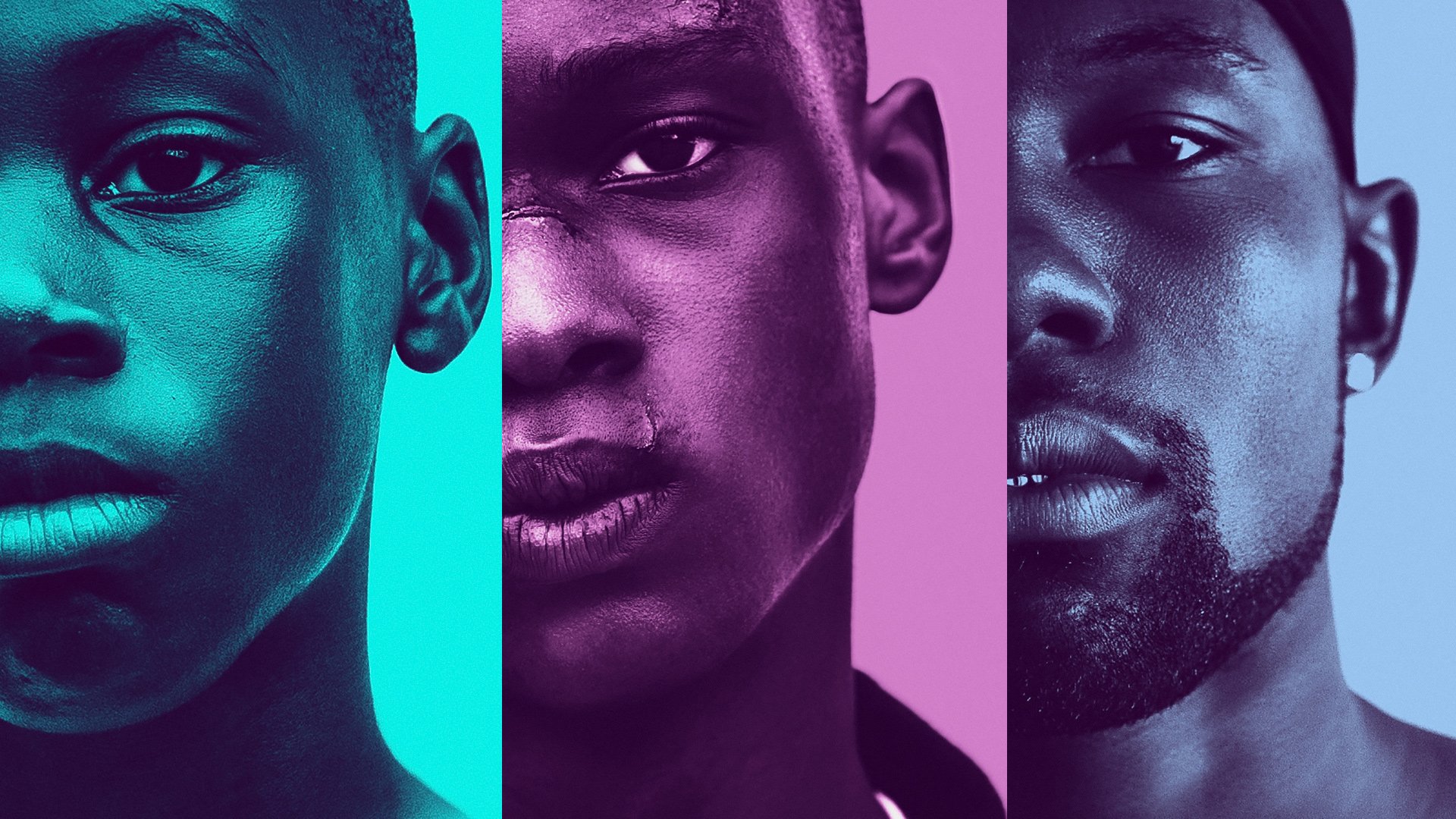[Spoilers Ahead]
While Barry Jenkins' "Moonlight" shoulders a strong message about the complicated realities of queer black male existence in America, the film smartly avoids any sermonizing.Rather than lead the audience on a guided tour to "discover" what they should want for the characters, the ensemble of souls Jenkins creates are so eminently identifiable and sympathizable in their real human brokenness, we cannot help but want what they want.
And what does the movie's main protagonist want above all else?
Validation.
The story is split into three acts, each centered on Chiron, a black boy growing up in a Florida ghetto at the height of the eighties crack epidemic.
Each act represents a different period in Chiron's life, from socially isolated elementary school aged boy to same-sex attracted teenager and finally conflicted and closeted gay man, over the course of the 111-minute film.
At the mercy of a world he doesn't understand and which clearly doesn't understand him, Chiron's search for validation is borne of necessity.
Chiron's father manifests only in a solitary passing reference, and the young boy is forced to watch his working single mom and only parent transfigure into a one-track minded crack addict whose long days spent hustling for "rocks" leave little time for actual parenting.
This parental void is filled by a surprisingly paternal neighborhood drug dealer, Juan, and his live-in partner, Teresa, an irony not lost on Chiron's juvenile mind.
"Do you sell drugs?", he asks Juan.
"Yeah."
"And my mama...she do drugs, right?"
Neither he nor Juan presses the point any further.
Neither have to.
Chiron's misfit status crystallizes together with his same-sex attraction as he enters his teenage years, leaving him the impossible choice of passing as something he is not or existing on social the margins of his community, a choice familiar to many queer men of color.
| Juan teaches young Chiron to swim |
The margins are where friends and enemies alike bury him alive under an avalanche of nicknames, slurs, and accompanying identities no young man would choose for himself.
An example of the latter is Chiron's best friend Kevin who simply calls him "Black", referencing his ebony hue in a subtle hat tip by Jenkins to colorism in the African-American community.
This psycho-social torture and physical terrorizing makes Chiron's choice to break out beyond the margins a clear one.
In a violent revenge attempt against a neighborhood bully (sure to jar viewers in its brutishness), Chiron is whisked down the pipeline out of high school and into juvenile detention, his future and outward persona radically altered.
Gone is the old Chiron, and his once lanky shy self retreats into a ripped, hard, drug-dealing body double with a potentially damaging secret burning like a fire shut up in his bones.
That is, as a teenager, Chiron and his buddy Kevin once shared an intimate moment together on the beach that reached well beyond the bounds of platonic friendship.
Despite this, when it's put up time, Kevin betrays Chiron to save his own skin (which leads to the violent episode landing Chiron in juvie) and the two lose contact.
So when Kevin calls Chiron out of the blue years later wanting to apologize for mistakes made and reconnect, the allure of closure proves too strong to resist.
Even in the light of betrayal and the passage of time, Chiron could never shake Kevin.
A symptom of his desperate search for affirmation?
An appreciation of the complexities that led to the broken bonds of friendship?
Love?
You decide.
 |
| Kevin and Chiron on the beach. |
Whatever the case, by the final scene, when Chiron rests his head on Kevin's shoulder contentedly, at peace with himself having found peace with the only person (male or otherwise) he'd ever really loved, we the audience want to want what he wants, what he never could have but finally has.
However, this poses a real problem for Bible-believing followers of Jesus who want the happiness of our gay friends and neighbors, but are unwilling to compromise on God's design for sexual relationships displayed in the conjugal marriage union.
Still, it almost seems cruel after all Chiron has endured to roll in like rain on a parade and douse the little spark of happiness he's managed to ignite.
Yet the earnest contention of the Christian faith is not "choose happiness or Christ", but "choose happiness in Christ."
The choice between Jesus and whatever keeps you from him is a choice between whatever it is you're holding on to and something Infinitely Better.
I cannot go as far as affirming the validation Chiron finds in the arms of another man, not so much as a same-sex attracted person of color (which I am), but as a Christian (which I also am).
But in this broken visage, I see an underlying desire for wholeness all Christians will eagerly affirm as we point the way to Jesus as the summit of what it means to be at home with ourselves and to discover true wholeness at the Source.

No comments:
Post a Comment